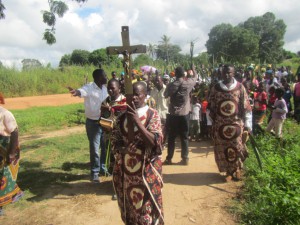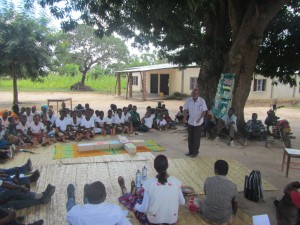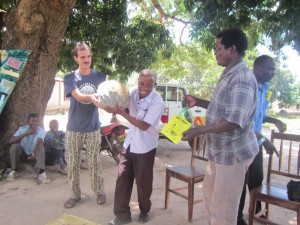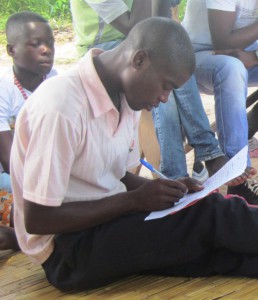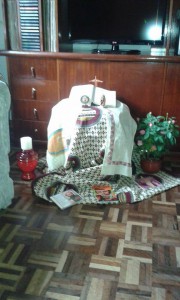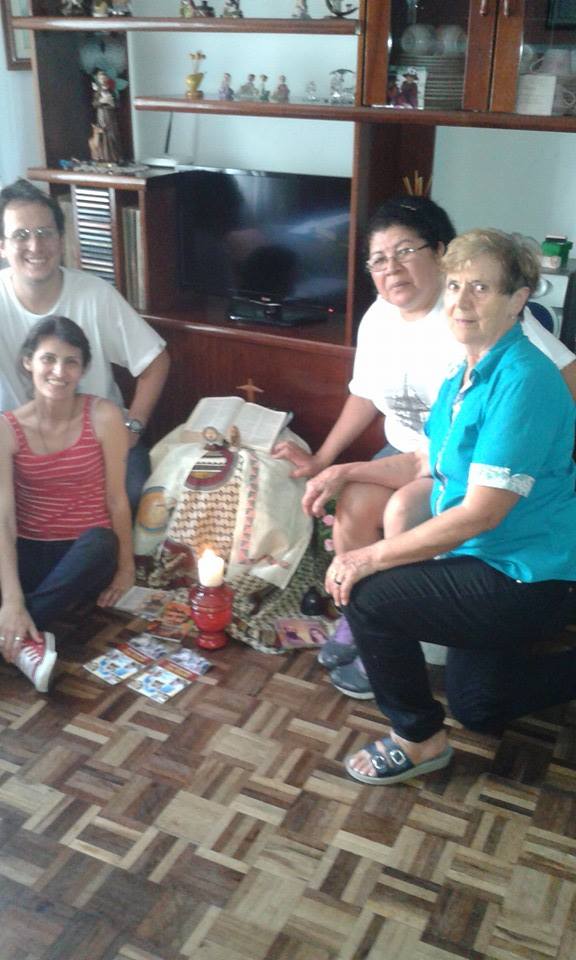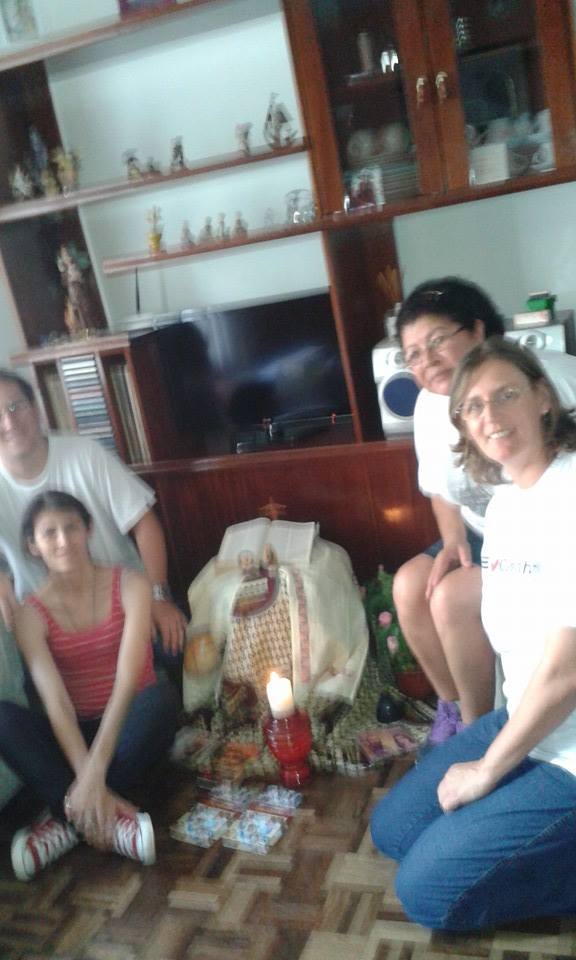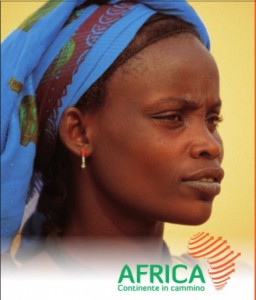 Africa, Continent on journey.
Africa, Continent on journey.
Dear friends, while participating to the 13-14-15 March meeting on “Africa on journey”, organized on the occasion of the 150 years of the “Plan for the regeneration of Africa”, inspired by God to our founder St. Daniel Comboni, I offer you, as a reflection, the Fulvio de Giorgi’s conclusive synthesis that collects the substance of these three day workshops, intensely and joyfully lived in the exchange and in the encounter of the whole Comboni family.
The meeting has seen its conclusion in the Eucharistic celebration presided by card. Fernando Filoni.
We thank the General Mother Luzia Premoli who opened the meeting by wishing us her welcome and presenting the program of these days, and thank, as well, the General Father Enrique Sanchez Gonzalez who closed the meeting workshops with the invitation to develop in our life and in our missionary work the reflections which emerged out of the meeting itself. “We have walked together and it has given us the opportunity of breathing new fresh air, the one – we cannot deny it – that, as we know, is now changing the whole human world. Now starting from this new sensibility, says fr. Enrique, Comboni’s dream reveals itself to be beautiful, actual and greatly challenging.
Let us remember that Africa has no need of donors, because it is able to grow by itself and is ever more conscious of its own strength, as our missionaries realize while living on the spot.
It is not by an accident that our institutes are themselves getting strength through so many confreres coming from Africa and this fact is the demonstration of how true is Comboni’s Plan. Africa has to become the protagonist of its own history.
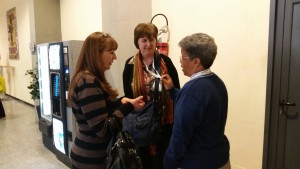 The gift of the Pan received by Comboni was not a gift just for him, but it was for all those who, after him, were going to live with the strength of the Spirit contained in it.
The gift of the Pan received by Comboni was not a gift just for him, but it was for all those who, after him, were going to live with the strength of the Spirit contained in it.
The fact is that Africa has got something which nobody else has. It has a life of its own; and this is a particular, precious gift for all mankind. It is a thing that can’t be explained, but must be lived; it is an experience of love. Therefore I wish for all of you to continue this way, i. e. to continue with new freshness this experience of love for this new African youth”.
I leave you this beautiful synthesis on the topics of the meeting, which has been prepared by Fulvio De Giorgi. I have brought it home in order to share it with you.
My greetings to all of you and a fruitful mission as well.
Rosanna Braglia, CLM Italy
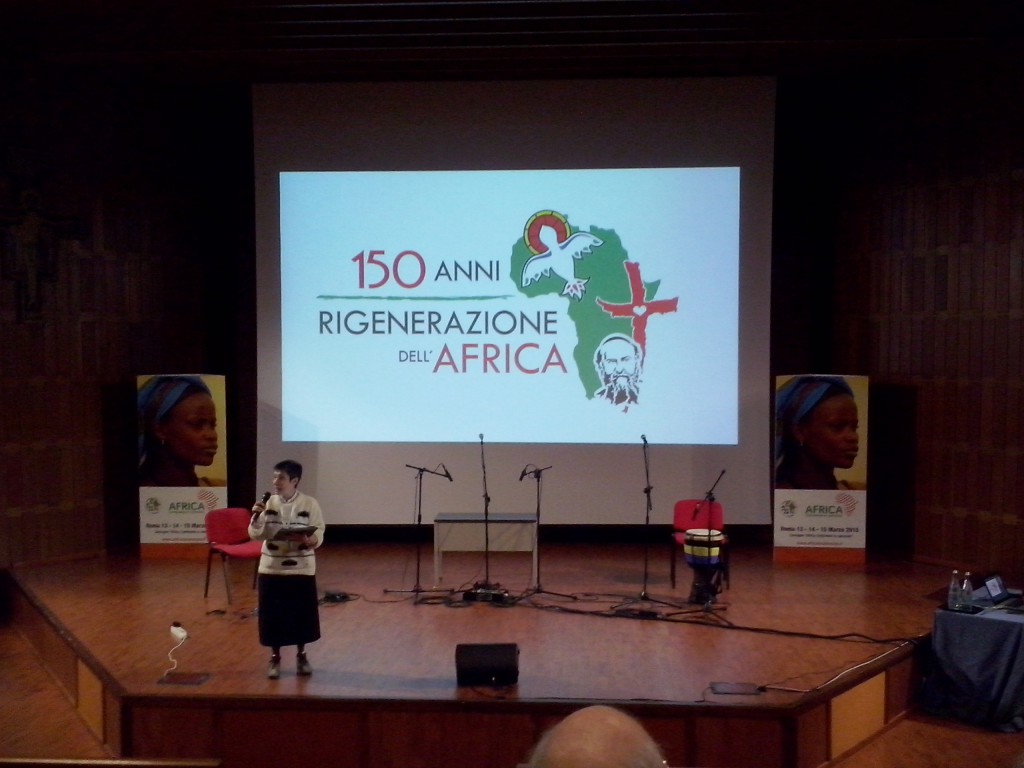 “If Daniel Comboni were here, on seeing all this, he would have his heart full of consolation and of joy at the spectacle of such a grown up Africa, of the sons and daughters of his institutions involved in this great project, of his dream partly already a reality with so many fruits, as well and especially in women’s laity, and partly still just a track which has to be followed for the future.
“If Daniel Comboni were here, on seeing all this, he would have his heart full of consolation and of joy at the spectacle of such a grown up Africa, of the sons and daughters of his institutions involved in this great project, of his dream partly already a reality with so many fruits, as well and especially in women’s laity, and partly still just a track which has to be followed for the future.
This is the main fruit of our meeting and it keeps on calling us to set us in a new direction. It is fundamental to say this, and all the participants to the meeting have underlined it, that about Africa there must never more be a negative, catastrophic, sad way of looking.
Pope Francis reminds us that “only the ones who look for the happiness of their neighbours, can be missionaries”. A thought which reminds us of what Comboni said: “It is the Sacred Heart of Jesus that helps me to overcome all the enormous obstacles I have to face in order to make true my Plan for the regeneration of the African people with the African peoples themselves”.
The key words are two: ‘PLAN’ and ‘HEART’.
The first word is “PLAN” [here it is to be taken into account that in Italian the corresponding word has several meanings. Note of the translator]. What is a Plan? It is project which challenges the critical capacities of each one and asks as well for the commitment of the will supported by great hope.
All of us, any continent we come from, are called to decolonize our hopes, our designs, our plans, our ways of looking, trusting in a hope that is greater than we are, and supports us in our commitment. The decolonization of the way of looking cleans up our eyes and helps us to see well the fact that Africa is keeping on growing, and that Europe can become its partner in its positive factors. The fact is that in Africa we can find a kind of New Renaissance. Europe can cooperate to it, by walking together in friendship.
The Africa of the African peoples has told us that it wants to live in fullness its life at the side of the other peoples. Therefore (decolonizing the way of thinking and overcoming stereotypes) dispersion and transcontinental emigration in all directions are a source of benefit in spite of the fact that they are caused by the inequalities existing inside the Country itself of the emigrants, and of the great sufferings they bring with themselves.
But it is important not to fix these events once and for all inside a negative horizon of death, but to set them free and regenerate them as an occasion, as a chance, for a more various and more beautiful world.
Here we are: more beautiful! The expositions of photos, the sculptures, the films and music offered in this meeting oblige us to recognize, generally speaking, the great beauty and aesthetic creativity coming from the new African art, from the new cinema. And our hope can better see what is positive, underlying connections which are going to become projects and plans growing around us.
The word “Plan” [having in mind the Italian word] includes also the idea of levelling out, that is of filling up vallies and lowering mountains, of putting all things to the same level. And here we are reminded of the sermon in Mathew’s Gospel, the one of Jesus on the mountain, the one Luke calls Sermon on the Plain, where we read also the threatening word “Woe to you rich!”. If all of us are on the same level, we can look each other directly in the eyes; in this way injustices and inequalities become unbearable. “Throwing down the powerful from their thrones and setting up the humble” is the dynamic of the MAGNIFICAT.
In this way we understand, as Samia Nkrumah (minister in his country) has said, that it is a right for the African peoples that they may control their economy for the benefit of the peoples of Africa themselves and may find the way for Pan-Africanism.
To set at the same level means to fill up the valleys and the abyss of corruption in the government lists; it means also to recognize that the walk to African democracy must be autonomous and new and not in the European forms. Certainly it will be a walk with lights and shades, of corrupt and dictatorial governments; but even the failure of the african leaderships must not slow down the understanding of the citizens in order to set to a better level their political directories, so that these ones may be uninterested about their particular profit and form agents of social trasformation, as Efrem Tresoldi said (Nigrizia), quoting Pierli.
Levelling means also to throw down the mountains of enmities and hatreds, the mountains of internal wars and of the accumulation of arms, as Maurice Simoncelli (Archivio Disarmo) has demonstrated; “always looking for the levelled way of peace and stability” according to the observation of Alfred Mantica (Interventions of Italy in Africa). The result will be that the Africas at the plural, towards which our walk is directed, are the Africa of justice, the Africa of peace, the Africa of the safeguard of creation, the Africa of rights.
But “Plan” [considering another meaning of the italian word] reminds us also that it is better to proceed “slowly”. The ones who know the letters written by Comboni should remember that he used to say: “Yes, many missionaries are in a hurry; you however go slowly.” Exaltation of slowliness (!), if it means “patient, perseverant listening and discernment, walking together without leaving anybody behind”. It means, then, an inclusive and participative ecclesiological plan, with a female profile, too, as sister Luzia Premoli (general superior of the Comboni Sisters) said together with sister Elisa Kidanè (Comboni Fem); a plan which is being put into practice in the small Christian communities, as card. Petrer Turkson told us.
From many sides it has been noted the importance of historical information in order to overcome the wounds of past discriminations and of more or less recent civil wars. All countries and continents have gone through them; but all of us must tell each other that, in order to go on, we must talk to each other and look together for a purification of the memory and of a history, if not co-participated, at least inclusive of the different points of view.
Patience and discernment are necessary, and not a hasty simplification.
Patience = going slowly. Also as a Church that reconciles and lives as God’s family, we have the task of asking ourselves about the salvation history that is evolving in God’s today and about the responsibilities to which we are called.
The second word is “HEART”. The Heart of Christ. The heart has two fundamental movements: systole and diastole.
In the Heart of Christ these two movements are incarnationism and escatologism.
On one side, incarnation. The Gospel penetrates and becomes flesh in all today cultures in order to make them flourish into liberation and salvation. A penetrating Gospel becomes inculturated taking on itself the cultural complexities in the pluralism of evolving identities. Today the Gospel has a half-cast face.
This incarnation, then, can discover, accept, give the due value, as the (theologian) Martin N’Kafu has said, to all the signs of the time, wherever they may be. Only in this way we shall have an African theology, not because it has been re-elaborated in Africa, but because it can collect in itself and make flourish all the seeds of the Word spread in African cultures and religions, excluding no cultural, geographic and human element.
This incarnation, as Cècile Kyengue (member of a european parlament) has told us, looks for the primacy of life and therefore is opposed and fights against any human being’s traffic and against the new slavery, i.e. against the horizons of violence and death in which it is Christ himself who is badly treated and killed.
In this enculturation, step by steps with the incarnation, a great role and a great responsibility is put on the modern means of communication, on TV and press. Frs. Jules Albanese and Fabrizio Colombo have underlined this aspect together with the guests of the round table.
Therefore a positive growth of communication in Africa, considering together digital and paper, runs on the line of internet, always making visible and transparent the positive side which is growing in it, like “THE PEARL”, defined by sr. Elisa Kidanè, in the deep respect of the person. The matter is not to give voice to the ones who have no voice, but, perhaps, to give no further voice to the ones who have already too much of it. Therefore the task is to go on decolonizing the way of looking also in Comboni mission press.
But at the side of the first movement, the Heart of Christ has the movement of the escatologism, i.e. the capacity of detaching one selves from any injustice, any idol, any horizon limited to this world. All of us Christians, any continent we belong to, are like foreigners in this world, “we are in the world, but we do not belong to the world.”
François Kamkindi said: “I feel at home in many places”: This is nice, but we can say more “The kingdom of which we are citizens, our true country, is not this world”.
I conclude with a saying of the 12th century, of a great mystic, Hugh of St. Victor: “The one who finds sweet his country, is but a tender beginner. The one for whom every land is one’s own land, is already a strong person.”
“But the only perfect person is the one for whom the whole world is a foreign country.” I took this sentence from a Bulgarian author who lived in France, who borrowed it from Eduard Said, a Palestinian who lived in USA, who, on his side, took it from a German author exiled in Turkey!”
Fulvio De Giorgi.




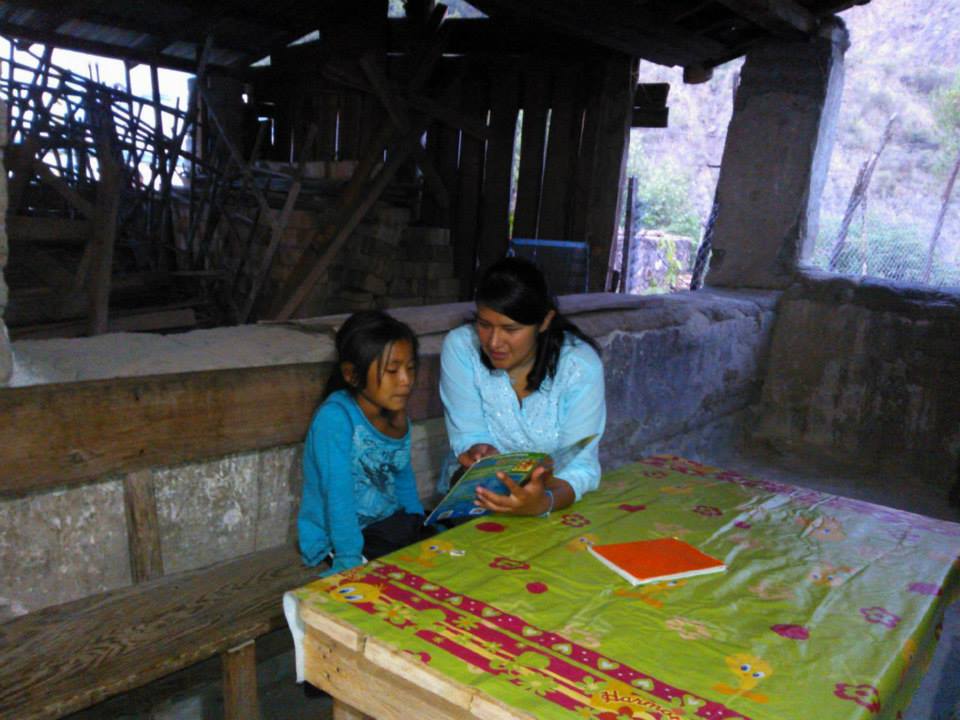
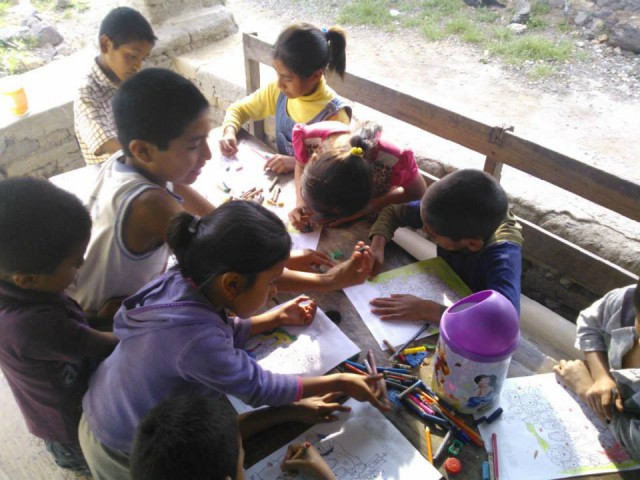
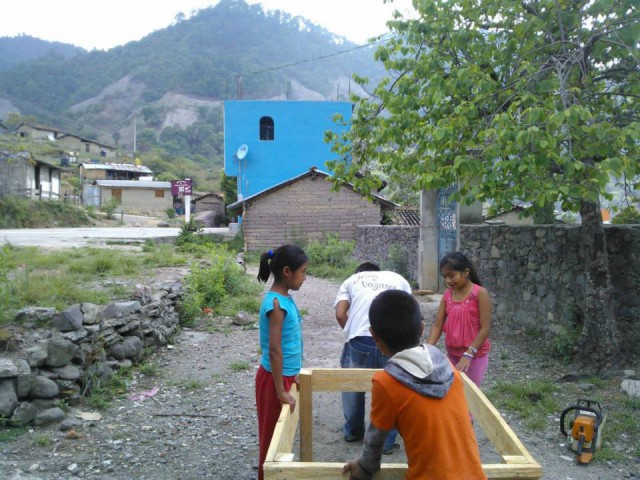
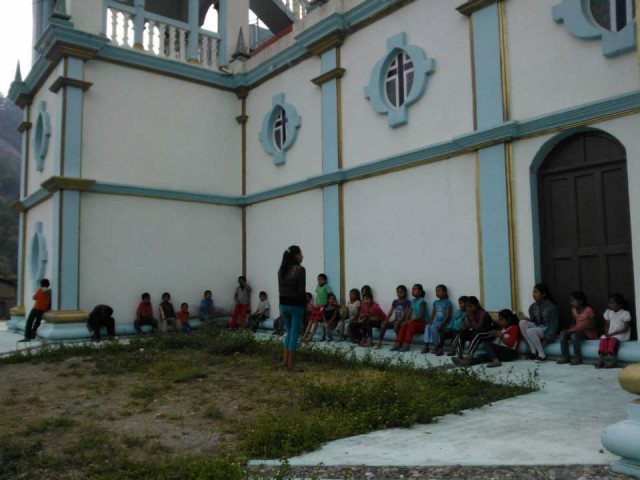
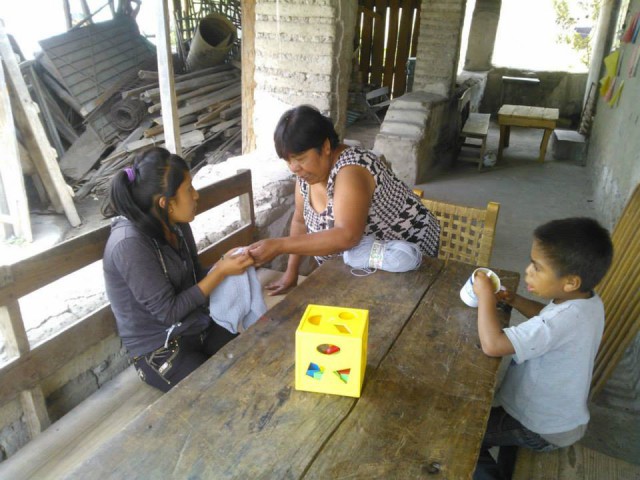
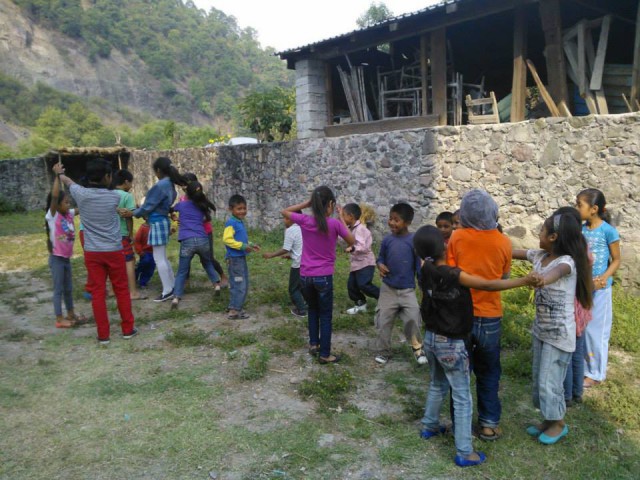
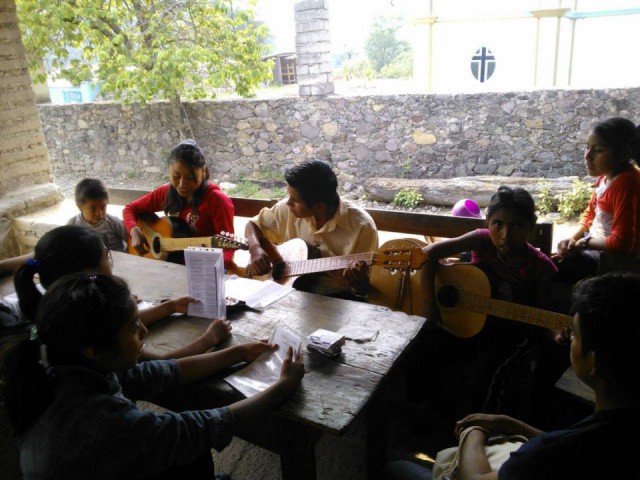
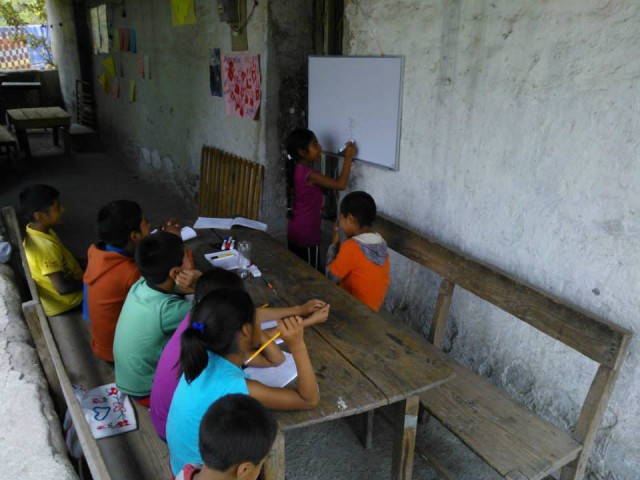
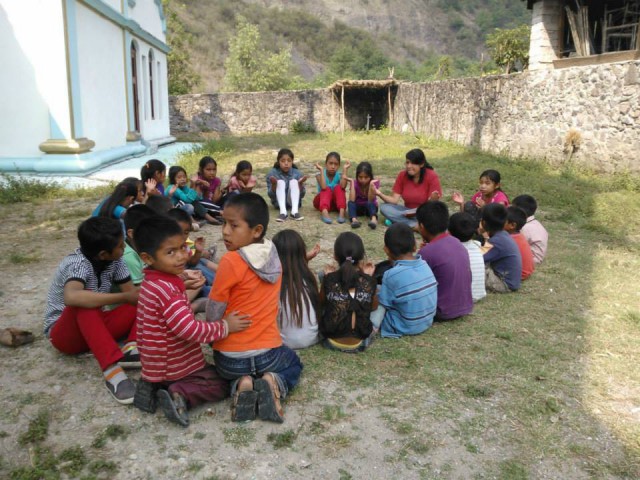
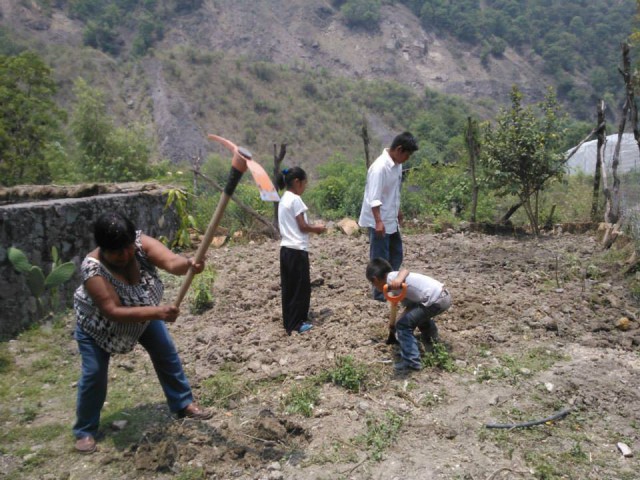
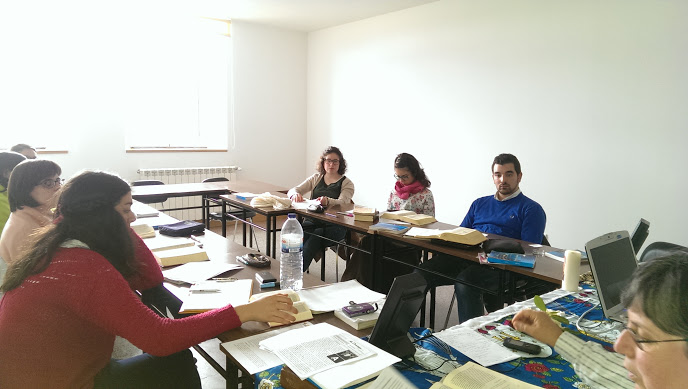
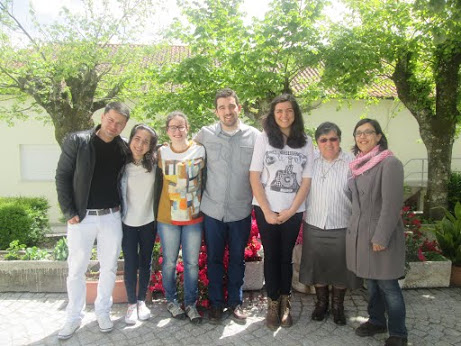
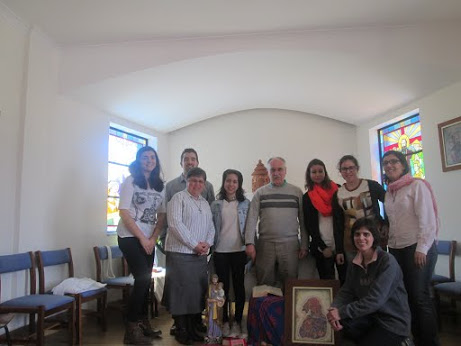
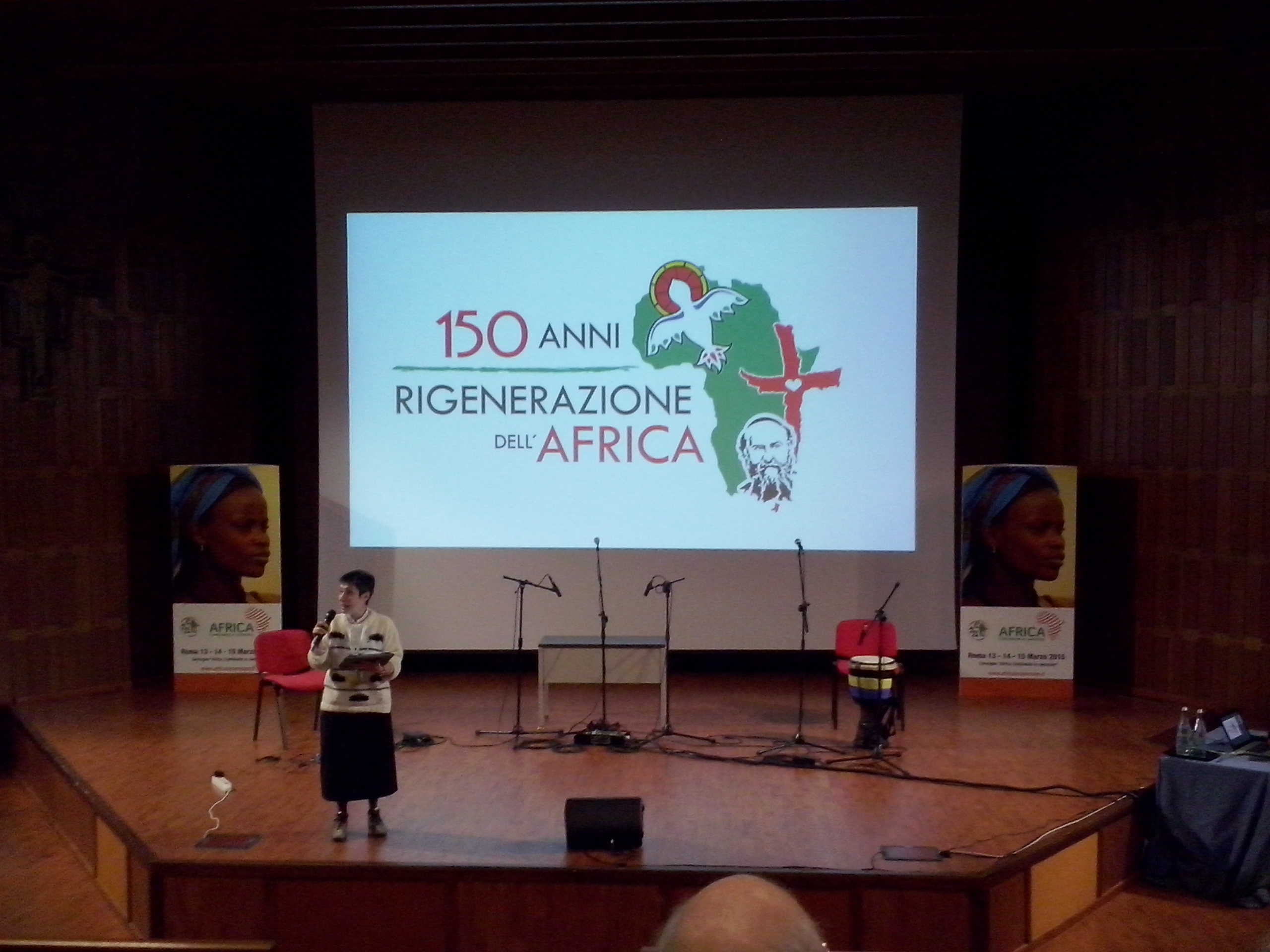




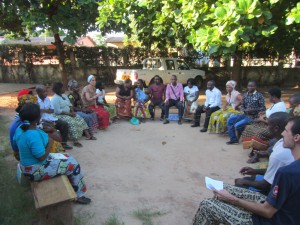

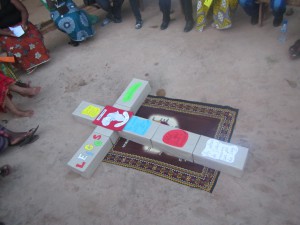 Once finished on Saturday, on Sunday 29, we were in the community of San Juan de Brito, which belongs to the same parish where our animation culminated with much joy and coinciding with Palm Sunday. Where is celebrated the day of youth. At the end of the celebration, we met to continue talking about our movement, particularly the activities in the parish of Carapira and the Industrial School.
Once finished on Saturday, on Sunday 29, we were in the community of San Juan de Brito, which belongs to the same parish where our animation culminated with much joy and coinciding with Palm Sunday. Where is celebrated the day of youth. At the end of the celebration, we met to continue talking about our movement, particularly the activities in the parish of Carapira and the Industrial School.